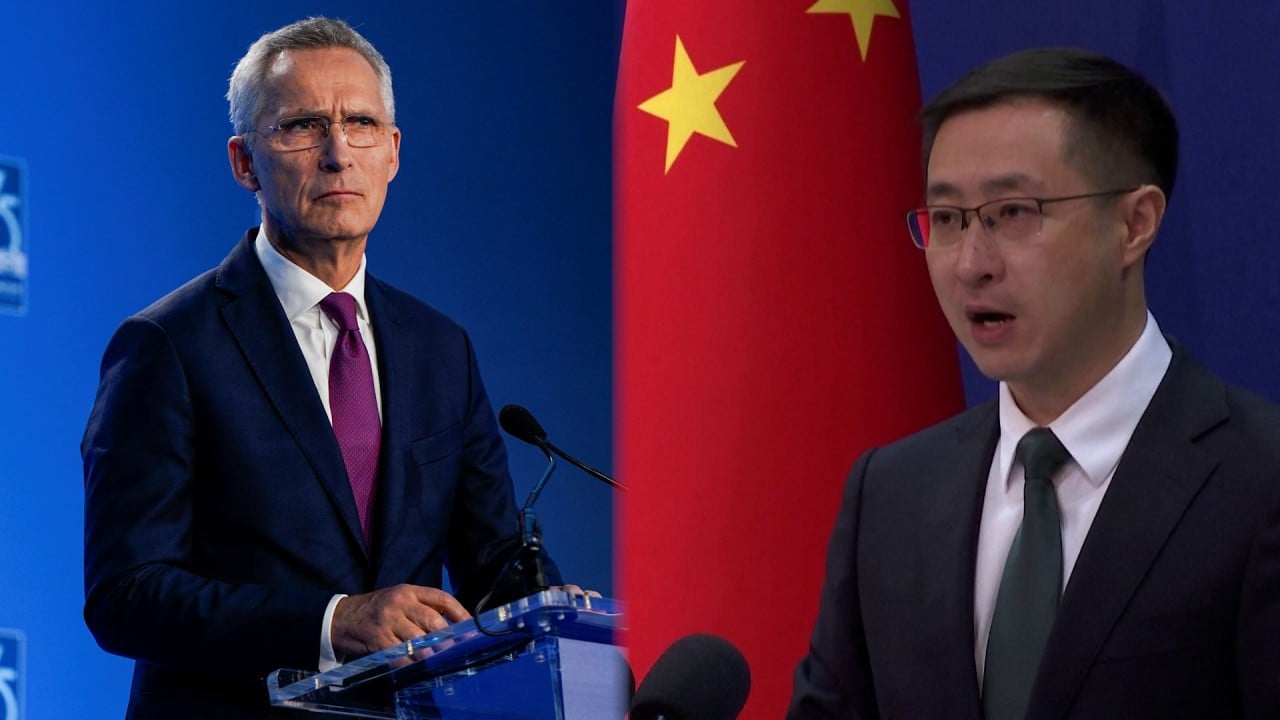China, Russia eye stronger cross-border payments as sanctions create ‘time bomb’

Zhang said that financial cooperation between China and Russia was an “important component and reliable guarantee” between businesses in the two countries, adding that institutions have continued to work together on trade settlements, asset management and insurance.
“Regarding the payment problems due to sanctions from third countries, financial institutions of China and Russia will continue to strengthen contact,” Zhang said, adding that China would allow more foreign e-wallets to be used, including by Russian tourists.
“We are confident that the parties will be able to find a practical solution to this issue.”
Mir is questionable one to look at, or it may just be a short-term emergency measure
But Dr Li Mingbo, deputy dean at the Guangzhou Institute of the Greater Bay Area, said that the Mir payment system might not be actually beneficial to China.
“China’s long-term goal is to have an international settlement system under its control. Therefore, Mir is a questionable one to look at, or it may just be a short-term emergency measure,” said Li.
Li earlier led a research team to survey companies in Guangdong, Fujian, Henan, and Shaanxi provinces and found that almost all Chinese banks had become increasingly strict in reviewing foreign exchange receipts from Russian-related businesses as a result of the expansion of the scope of secondary sanctions by the US Treasury Department’s Office of Foreign Assets Control.
He added that all surveyed companies only produced non-sensitive materials related to daily necessities, including clothing, shoes, hats and kitchenware.
The US Treasury Department said in February that Mir had permitted Russia to build out a “financial infrastructure that enables Russian efforts to evade sanctions and reconstitute severed connections to the international financial system” after it had imposed sanctions on Russia’s state-owned National Payment Card System.
“The key reason is that most of the businesses of Chinese financial institutions are closely linked to the Western financial system,” Li said.
“If China and Russia can achieve direct financial payment system cooperation, they can bypass the US, and Chinese financial institutions do not have to worry about being subject to secondary sanctions by the US.”
“After more than four months of not getting paid, Chinese merchants have now switched to the new GEP payment method, but there is still a risk of being sanctioned. This is a time bomb,” said an exporter in Guangdong.
GEP is an e-wallet option on Ozon, Russia’s Amazon-like e-commerce giant, which has gained popularity by offering Chinese products after many Western brands left.
Steve Juan, a furniture material exporter in Jiangsu province, said the risks of using the Mir payment system were high for small and medium-sized Chinese exporters who still want to maintain business with the US.
This is something our small and medium-sized exporters cannot afford
“High tariffs would mean an agreement to keep the current scale of exports to the Western market. Mir payment system cooperation will undoubtedly have a huge impact on the business of exporting to the Western market. This is something our small and medium-sized exporters cannot afford.”
And Tony Ye, a machinery exporter in Shandong, said he was concerned about which currencies the Mir system can handle.
“What currency will the Mir payment system use as the benchmark when the time comes? Even digital currencies, as long as they’re launched by a country, would be basically closely tied to the national currency. Unless it’s bitcoin, then it might still be possible,” Ye said.
China has recently stepped up efforts to make it easier for foreigners to link their foreign bank cards to Chinese payment platforms in a bid to attract tourists and businesses.
Additional reporting by Victoria Bela
Source link




